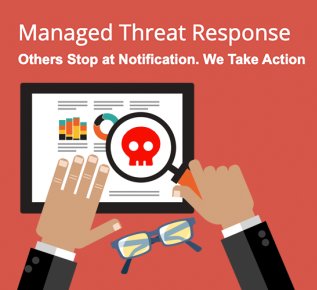What Role Do Managed Services Play In Data Security And Compliance?
Managed services play a crucial role in data security and compliance by providing ongoing monitoring, threat detection, vulnerability management, and ensuring regulatory requirements are met.
Managed services play a critical role in data security and compliance by providing businesses with the expertise, tools, and resources needed to effectively protect their data and maintain regulatory compliance requirements.
Firstly, managed services providers (MSPs) offer specialized knowledge and experience in data security and compliance. They have a team of skilled professionals who stay up to date with the latest cybersecurity threats, best practices, and regulations. This ensures that businesses can benefit from the expertise of dedicated specialists without having to invest in extensive training or hiring additional staff.
MSPs also provide a range of security services that help businesses strengthen their data protection measures. These services may include vulnerability assessments, penetration testing, security monitoring, incident response, and more. By outsourcing these critical security tasks to MSPs, businesses can leverage the latest security technologies and processes, which they may not have the resources or know-how to implement and manage internally.
Furthermore, managed services can assist businesses in achieving and maintaining compliance with industry-specific regulations and privacy laws. MSPs have experience with various compliance frameworks such as PCI DSS, HIPAA, GDPR, or ISO 27001, and can help businesses navigate the requirements and implement the necessary controls to meet compliance obligations. They can conduct audits, develop security policies and procedures, and provide ongoing monitoring and reporting to ensure ongoing compliance.
Another important aspect of managed services is proactive monitoring and threat detection. MSPs can monitor networks and systems in real-time, detect security incidents or abnormal activities, and respond promptly to mitigate potential threats. This proactive approach to security helps prevent data breaches and minimizes the impact of security incidents on businesses.
Additionally, managed services providers often offer data backup and disaster recovery services. These services ensure that businesses have secure and accessible backups of their critical data, and have plans in place to recover quickly in the event of a data loss or system failure. This not only protects businesses from data loss but also supports continuity of operations, reducing downtime and associated costs.
In summary, managed services are an essential component of data security and compliance efforts. They provide businesses with specialized expertise, comprehensive security services, and support to ensure that their data is protected, regulatory requirements are met, and potential security risks are mitigated effectively.


